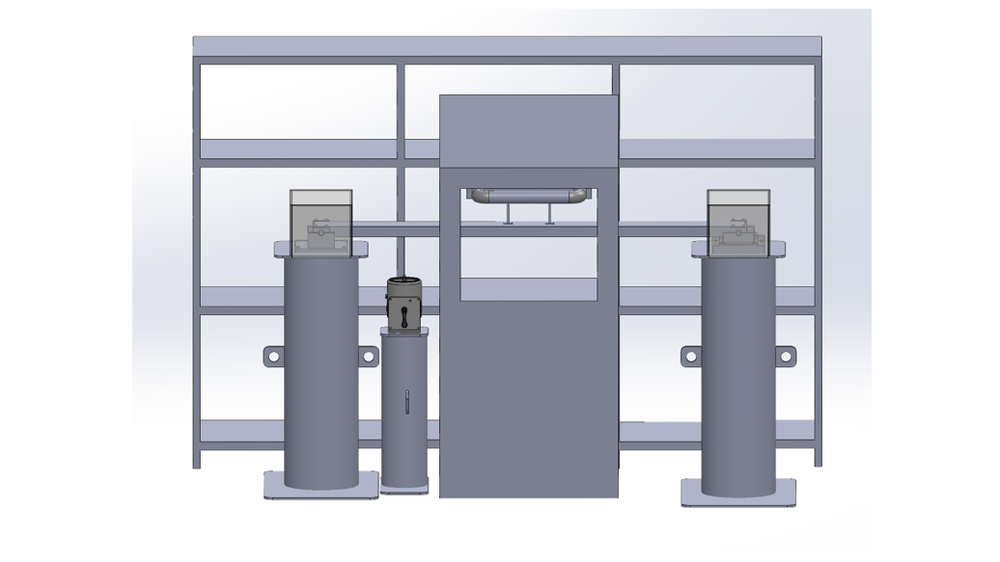Aging of Sensors under Maritime Environmental Conditions
Even though ships and their systems are nowadays designed with generous safety factors, unforeseen circumstances can lead to extreme loads that can have serious consequences for operation and durability.
With the aim of ensuring and further developing health and safety requirements at all times, the Ship Reliability department, together with the Virtual Ship department, is investigating safe operation and condition monitoring based on sensor and simulation-based real-time monitoring and fault detection systems. However, as the accuracy of the sensors used deteriorates due to external influences, sensor degradation must be identified and analysed in isolation. In this way, effective countermeasures can be developed and the reliability of the sensor data increased, particularly in a maritime context.
In order to assess the measurement data in the monitoring systems used, the Degradation of Sensors under Maritime Environmental Conditions on board (DeSMEC) project is investigating the ageing of sensors and the associated data reliability of different sensor types. On the one hand, various structural sensor types that are already used in land-based monitoring systems are being analysed with regard to their potential use in maritime environments with extremely corrosive conditions (high temperature, humidity and salt).
The aim is to further utilise the knowledge gained in the area of sensor ageing in the context of structural monitoring. In addition, parts of the energy system are being investigated with regard to their resistance to the external influences mentioned in order to gain deeper insights into the behaviour of energy system components that are either not economically viable or not technically detectable by other means.

